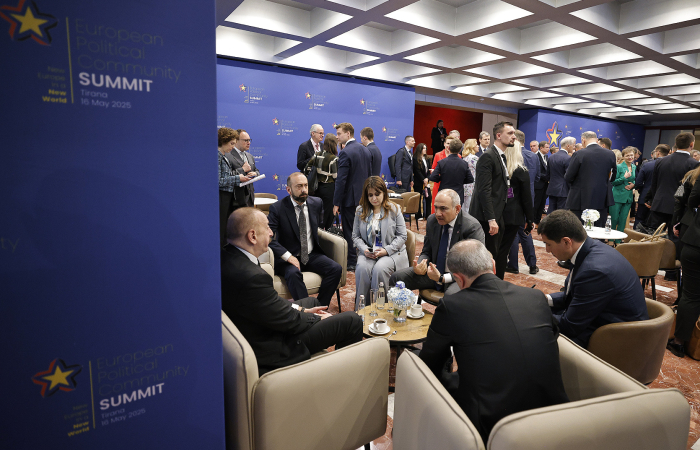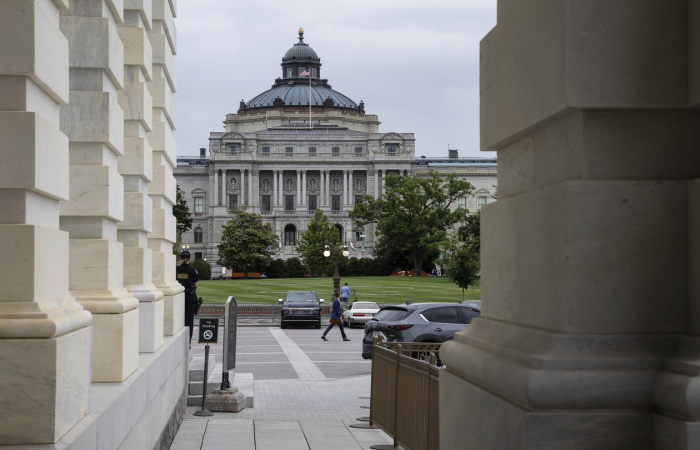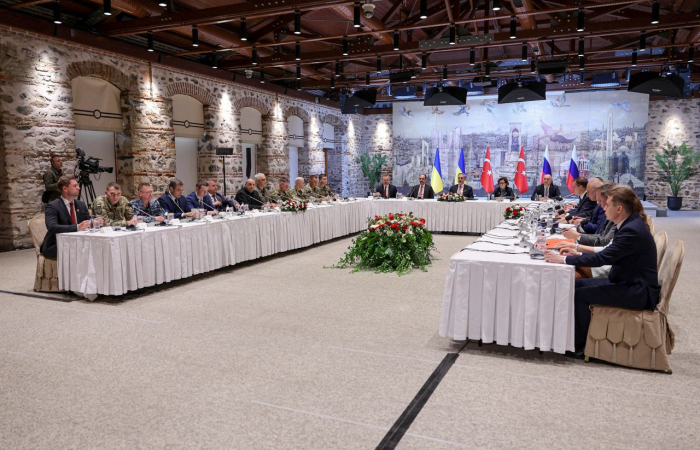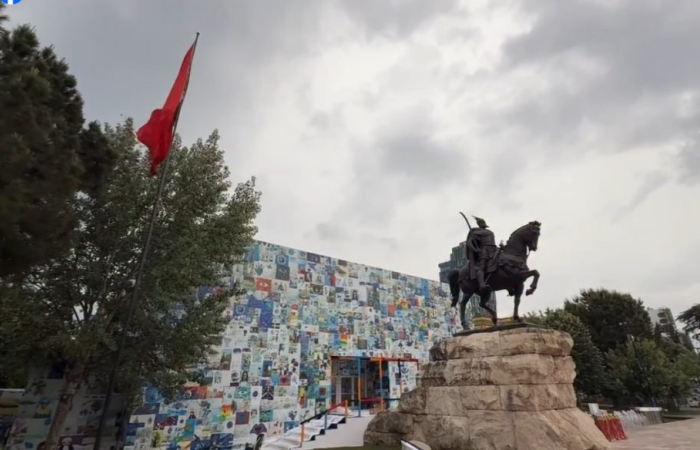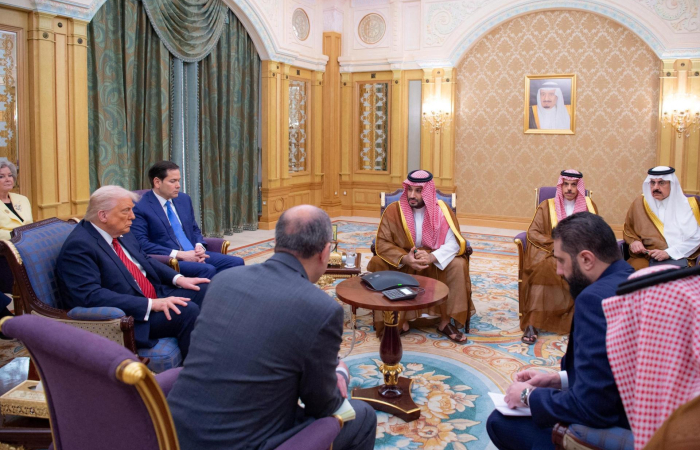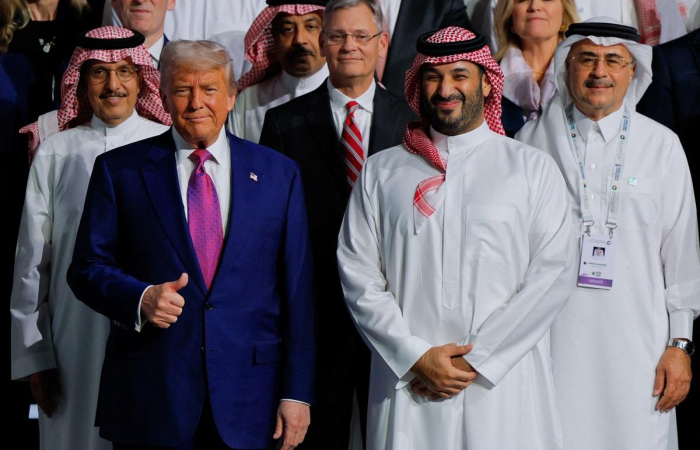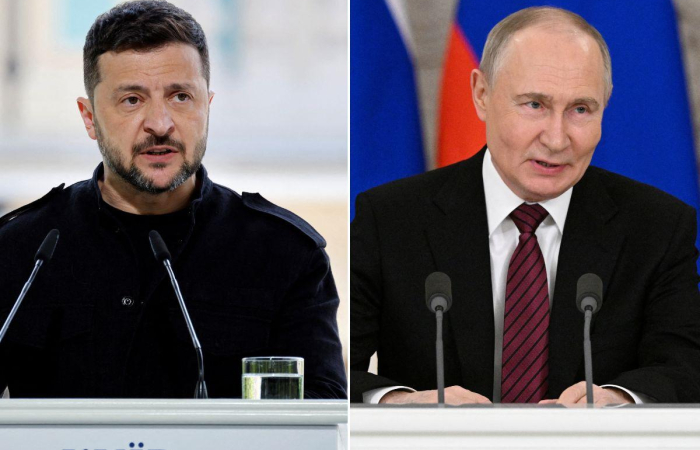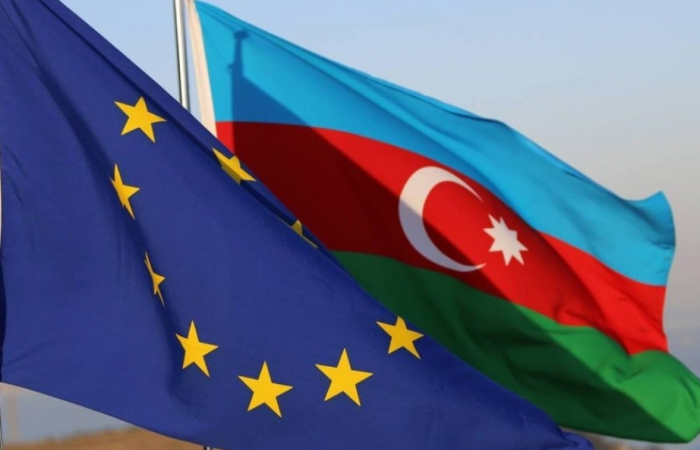Trending
Aliyev and Pashinyan meet over coffee in Tirana
19 May 2025
The leaders of Armenia and Azerbaijan met in the Albanian capital, Tirana, on the sidelines of the sixth European Political Community Summit that brought together leaders of 47 countries. The two sides discussed the current situation and underlined the importance of continuing efforts toward signing a peace agreement. No details of the meeting held on 16 May have been disclosed but published photographs and video footage show Armenia Prime Minister Nikol Pashinyan and Azerbaijan President Ilham Aliyev informally across a coffee table.



